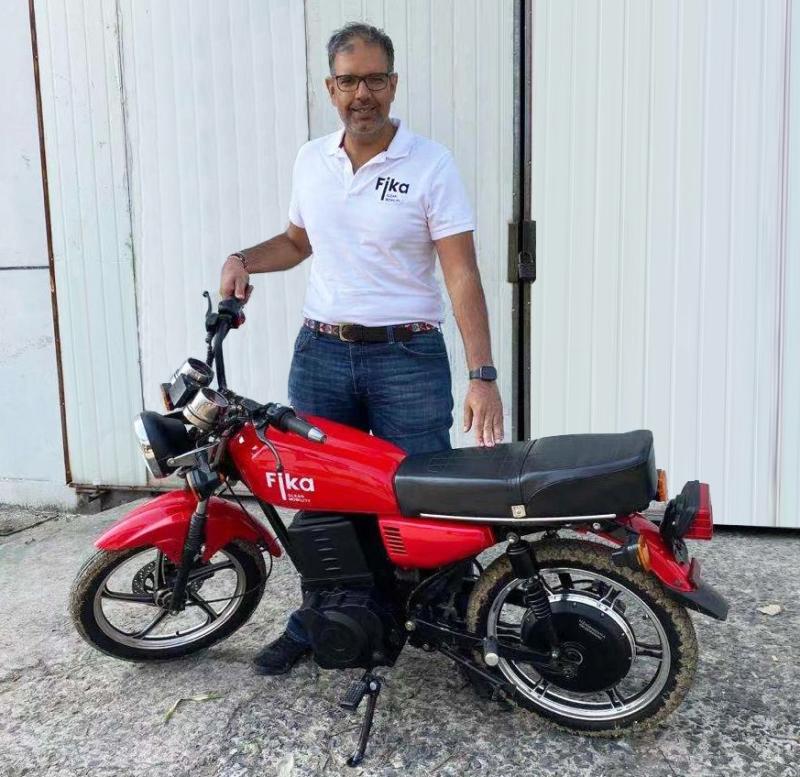×
The Standard e-Paper
Join Thousands Daily

Local boda bodas and tuk-tuks now have the option of going electric by swapping their low-charge batteries with fully charged ones following the piloting of the auto technology.
This is as a Nairobi-based auto company Fika Mobility targets the popular two-and three-wheelers with eco-friendly units that offer convenience and reduce costs.